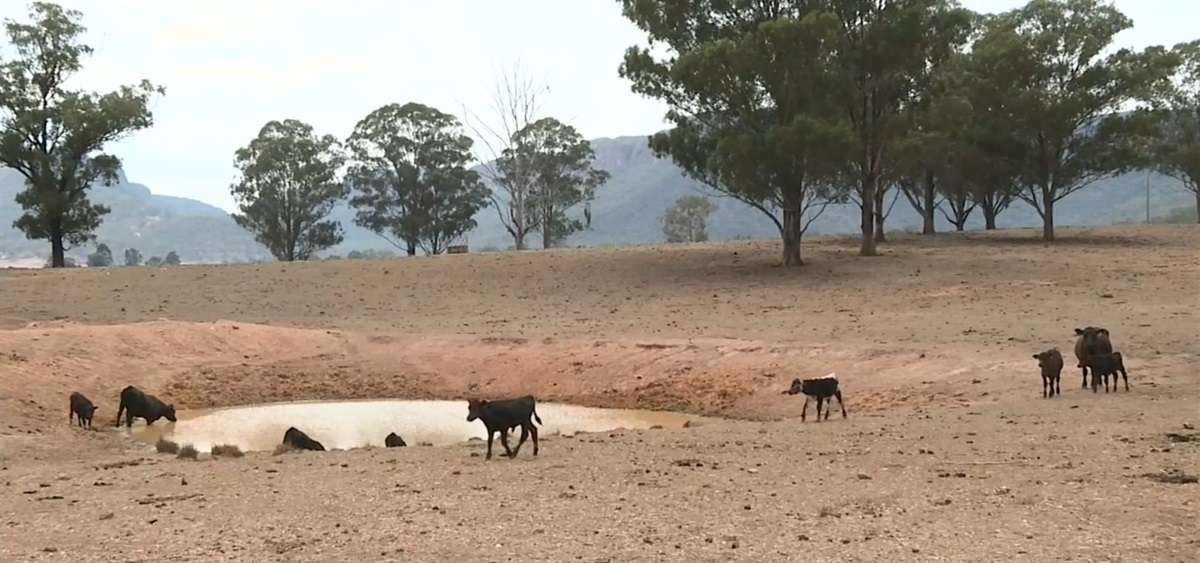The Government has made good progress towards eliminating the gender pay gap in the Public Service, Minister for Women Julie Anne Genter announced today.
The latest data from the annual Public Service Workforce Data Report, shows that the 2019 Public Service gender pay gap fell to 10.5% from 12.2% in 2018. The national gender pay gap (which is calculated using median pay rather than mean) is currently 9.3%. The comparable figure in the Public Service using that method of calculation is now 6.2%.
“This Government made it clear when we came into office that we are committed to eliminating the gender pay gap within the Public Service,” said Julie Anne Genter.
“Reducing gender pay gaps takes concerted effort and it’s very pleasing to see such significant progress so soon. We are tracking well with the goals set out in the Government’s Gender Pay Gap Action Plan launched last year.
“The Public Service gender pay gap is at its lowest point since measurement began in 2000. The 1.7% decrease in the last year is the largest annual reduction in the gap in 17 years.
“We have focused on starting salaries, countering bias and discrimination, paying people fairly for doing the same job, and increasing flexible work.
“Pay equity settlements, including support workers at the Ministry of Education and social workers at Oranga Tamariki, have delivered positive outcomes for Māori and Pacific women. The gender pay gap for Māori, Pacific and Asian women has reduced, although we still have a long way to go.
“We have developed tools and guidance for the public sector which the private sector can use and adapt for work on closing their gender pay gaps. The public and private sector can each learn from each other to improve workplaces for women.
“The percentage of senior leadership roles held by women in the Public Service continues to rise. For Chief Executives, the gender balance is 50:50 – 17 are women and 17 men.
“The challenge now is to maintain the momentum we’ve started in our workplaces,” says Julie Anne Genter.








